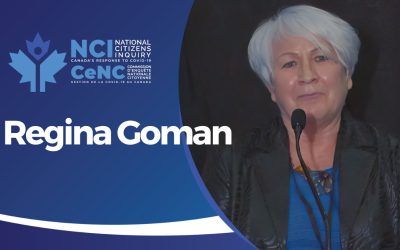In China, 2009 is the year of the ox. For those living in the capital region, the next 12 months might be the year of the elephant, and a rogue elephant at that. On the order of the provincial government, a new wastewater system must be chosen by year’s end. The technology must be settled, the location — or locations — identified (there might be more than one treatment plant) and the means of paying for all this agreed.
None of these questions was meaningfully canvassed in the civic elections last November. The costs are so massive, most candidates ducked the issue. But this elephant in the room must now be confronted.
While everything about the project is controversial, one fact stands out. Residents of the area are being asked to find $400 million. This is our share, after the provincial government and Ottawa chip in.
Assuming the money is raised with a 25-year municipal bond, that comes to about $30 million a year. The Capital Regional District, which is leading the project, has promised public consultations.
It’s likely councillors will get an earful about the impact on local property values. Whatever locations are chosen, there will likely be fierce opposition from nearby residents.
These are genuine problems and serious thought must be given to mitigating them. It might be possible, for example, to install treatment plants in buildings that resemble the neighbourhood housing scheme. Consultations should give neighbours the chance to extract commitments — for green space, or building design — from the CRD.
But the issue we most need to confront is where the money will be found.
Unless steps are taken to defray some of the costs, the magnitude of the undertaking will swamp the region for years. Other vital initiatives will be crowded out or delayed far into the future.
Unfortunately, the only solution that seems to attract municipal politicians is raising taxes. There’s been talk of a property tax hike in the $200 to $700 range.
But with a fiscal challenge of this magnitude, all options must be on the table. Let’s start with some housecleaning.
According to a new report by the Frontier Centre for Public Policy, Canadian municipalities spend far too much on overhead. The average local government in Canada has twice the administrative costs of comparable municipalities in other Commonwealth countries. And Victoria is well above the Canadian average.
Part of the reason is duplication and overlap. The capital region has 13 municipalities where one could do the job. Part is due to excessive salaries at the senior management level.
A 10-per-cent reduction in overhead would bring us in line with the rest of Canada and raise $15 million — half the required sum.
Then there’s the question of priorities. Our municipalities spend nearly half their budget on programs that extend beyond the basic responsibilities of local government. Some of these are services that should be operated by the province, like aid to the homeless and drug addiction programs. Others are cultural or recreation facilities that don’t recover their operating costs.
According to Saanich Mayor Frank Leonard, his municipality has four recreation centres and none breaks even. There should at least be a discussion whether higher charges for some recreation services might form part of the strategy.
And we need a hard look at programs that are properly a federal or provincial responsibility. While this might not make up the remaining $15-million shortfall, it would certainly help.
It might well be that local residents would reject such options and favour a tax increase instead.
But after hiding from the issue during the election, municipal politicians owe us more than “consultations.”
The correct approach is to hold a referendum on how to pay for it and let the voters decide.


